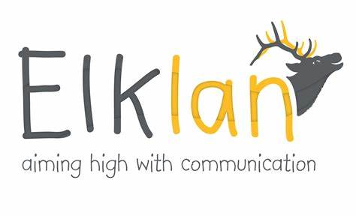As part of the contract, there was a thorough process of evaluation of each cycle by Elklan tutors, the CCCs and the course designer at Elklan. Difficulties were identified, for both logistically managing the sessions (i.e., having enough tutors on hand to complete the observations in the given time) as well as tailoring a prescribed scheme to the individual needs of the parents enrolled in these wards of Norwich. There were changes made between each of the three cycles of the programme and the fourth cycle had to be cancelled.
Adjustments made to the timing and nature of the first sessions, to facilitate closer observations in cycle two led to higher rates of parental dropout early on. This was readjusted for cycle three, which resulted in positive parental engagement.
Doing some 1:1 work with families before they came on the Elklan course meant they fully understood what was expected of them and how the course could help. It also helped to build a strong relationship with the family, making them more relaxed and less anxious.
The Elklan courses worked particularly well when we had 3 adults in the session so that we could each make substantial and detailed observations about every family on the course. Mixing up the resources from week to week also worked well so that the children had a range of toys to play with and were stimulated in different ways each week.
In the second Elklan course (University and Wensum Wards) we decided that for ‘book week’ we would set up a comfortable and inviting area with blankets, dens, and cushions to create a calming and homely environment. Previously we kept the toys out, but this acted as a distraction for many children.
Because the course was quite informal, parents began to bond after a few sessions and some real friendships were made between parents and children; particularly those that were more anxious or socially isolated to begin with.
The first round of the ‘Let’s Talk at Home’ course (University and Wensum Wards) was better attended than the second, but the downside was that it felt more rushed and busier, and it was not possible to spend time with each parent 1:1. Nevertheless, the first round of training did give parents more opportunities to interact with other families and make accelerated progress with their communication skills. Additionally, the broader mix of parents meant that the shyer parents were encouraged by the more confident parents resulting in there being more conversation.
For the first cohort of parents, we stuck to the Elklan plans quite closely. However, for the second cohort, we had to improvise on occasions as we had time to fill due to lower numbers of attendees. As a result, we eventually decided to make the sessions 15mins shorter. As mentioned, we also originally intended to meet parents before the Elklan sessions so that we could build a relationship with them. However, referrals did not come in as quickly as anticipated for both courses, so it wasn’t always possible to meet all families prior to commencement.

